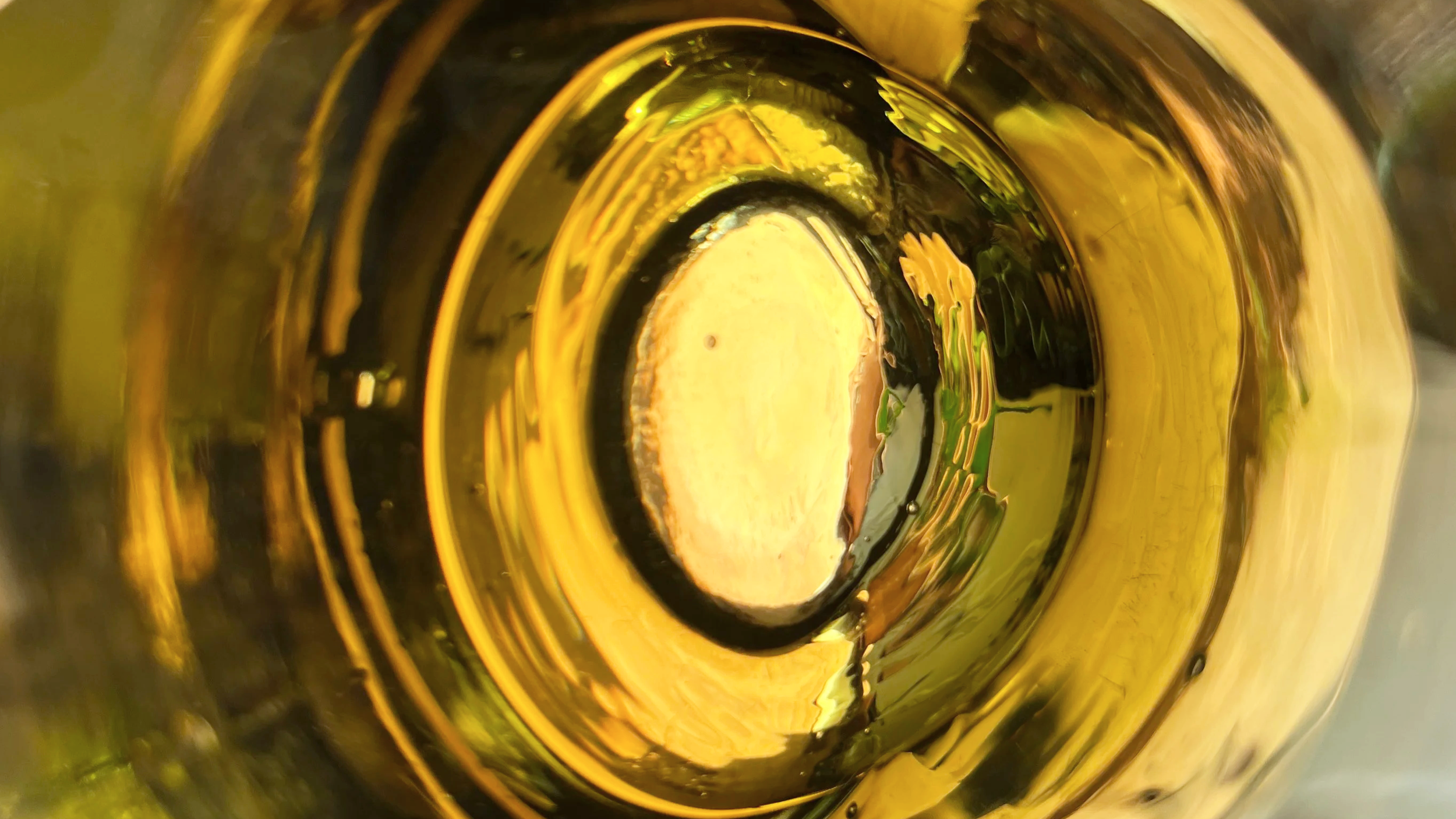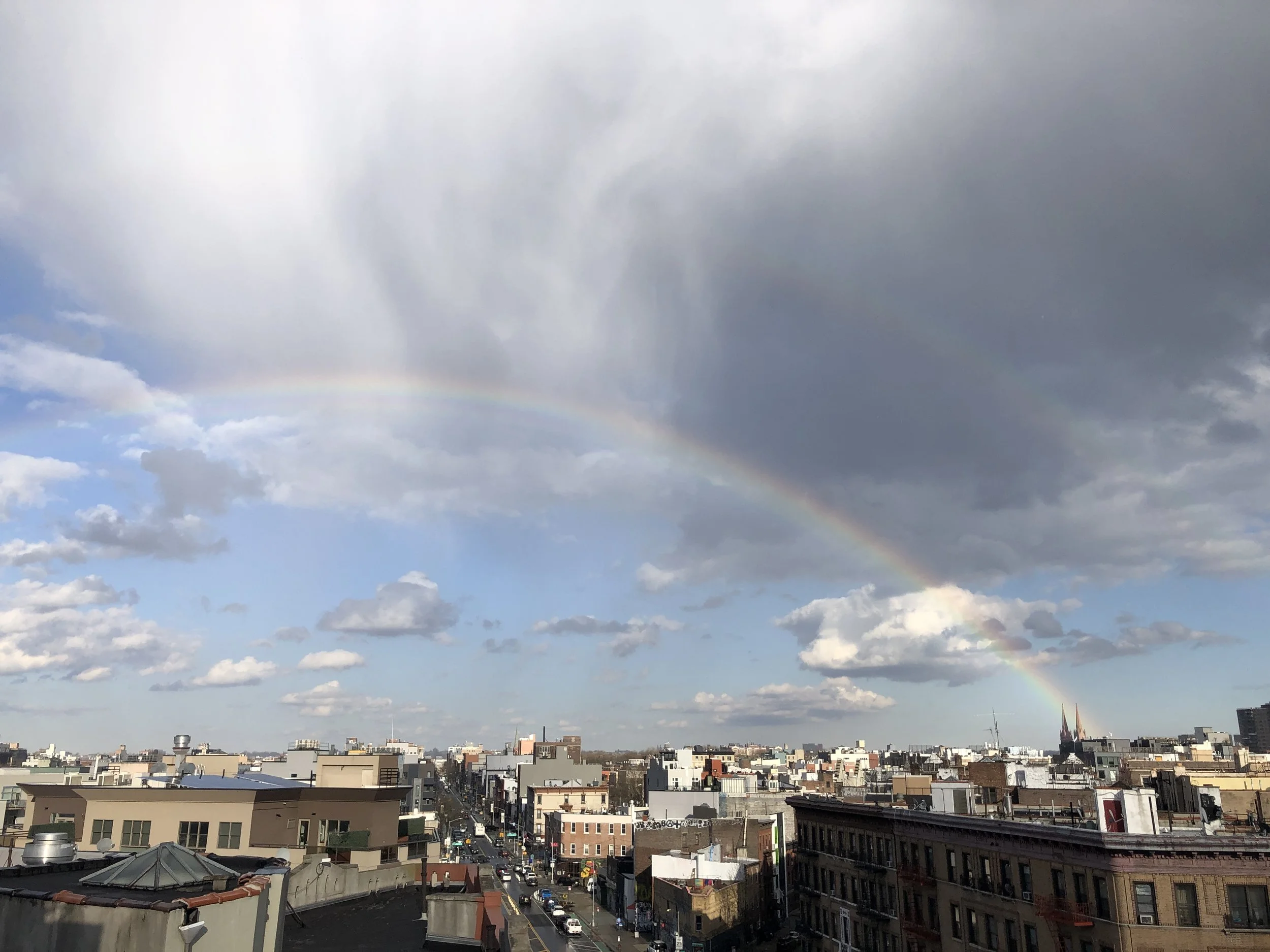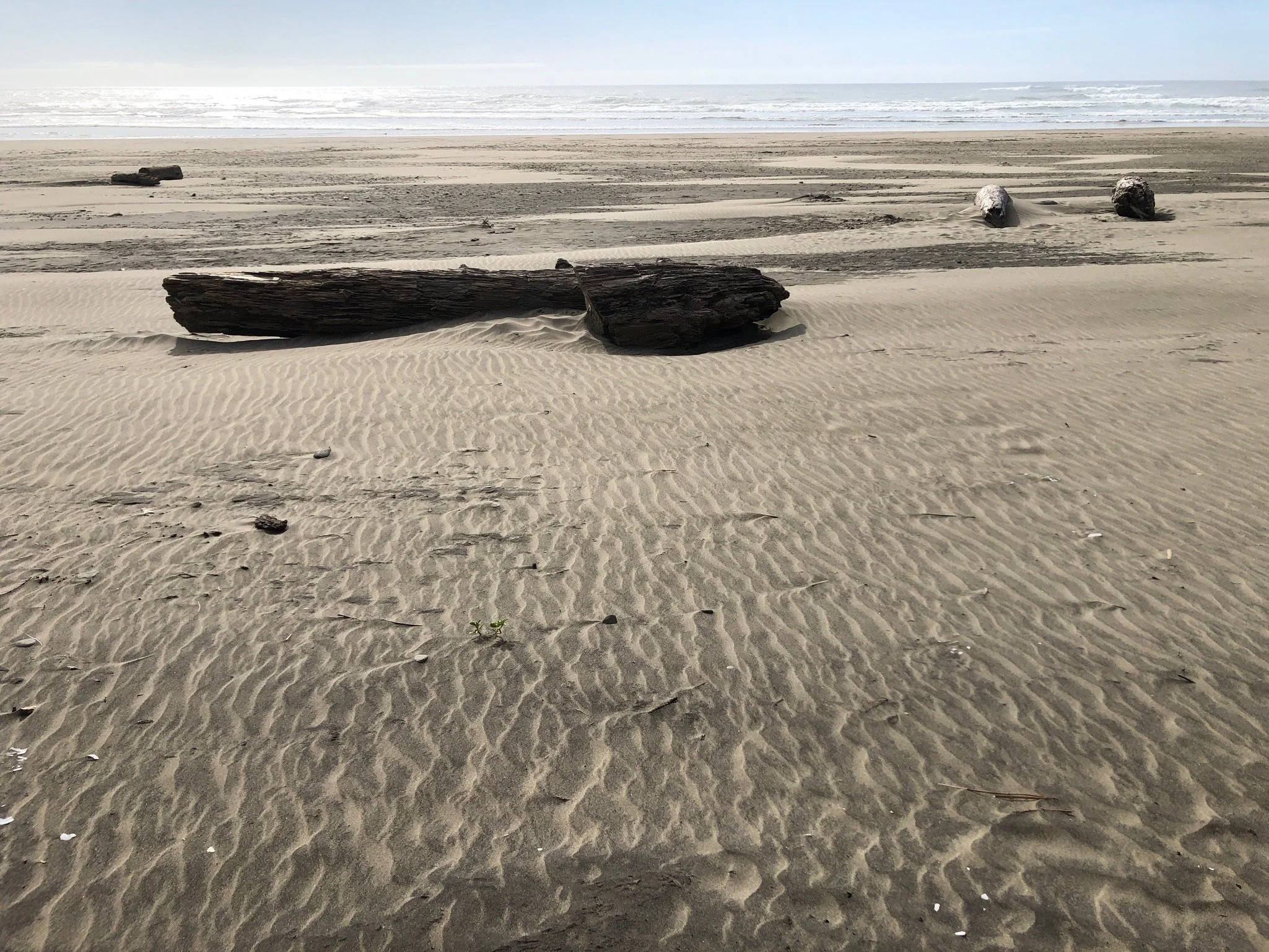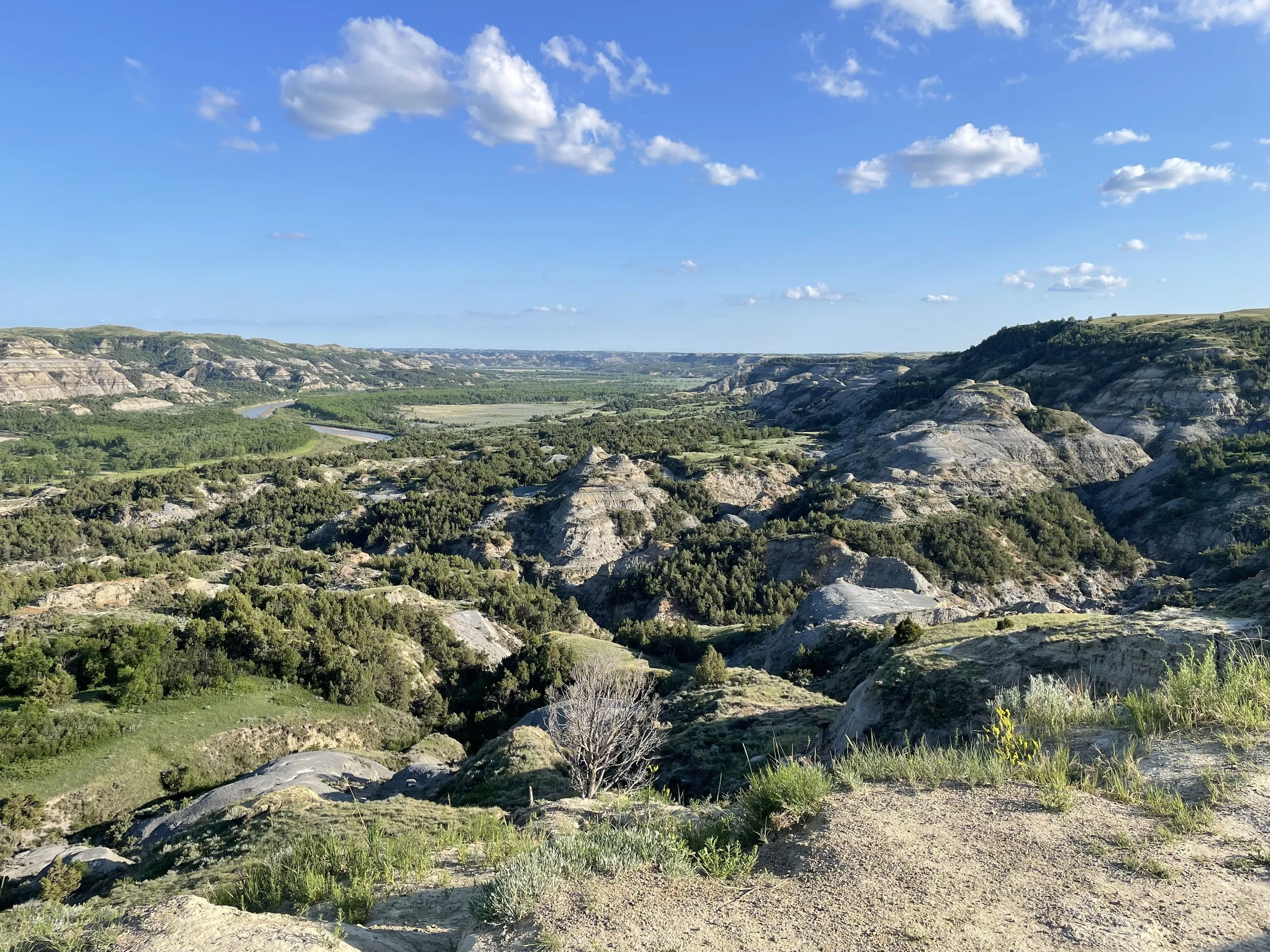
Listen to the Music

Live Shows
About
An old twenty-five dollar Sears guitar with a fairly accurate fret board was his first instrument. Eventually he even ‘tuned the thing.’ He admits, “I was terrible. I made sounds with it, found harmonies on strings.” Later, he read the finger and chord exercises in a popular jazz guitar lesson book: “I loved the sounds. I loved to play…”










